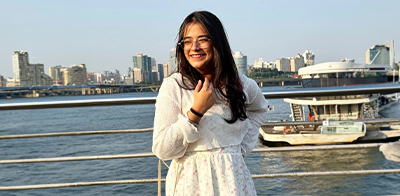(February 15, 2024) It was a 100 percent scholarship from the University of British Columbia that prompted Ariba Khan to board that flight to Vancouver in Canada last fall. The 18-year-old was offered a scholarship worth 264,000 Canadian dollars (₹1.6 crore) for a four-year degree, taking care of tuition fees, housing, and living expenses. “They even pay me a personal stipend,” she tells Global Indian.
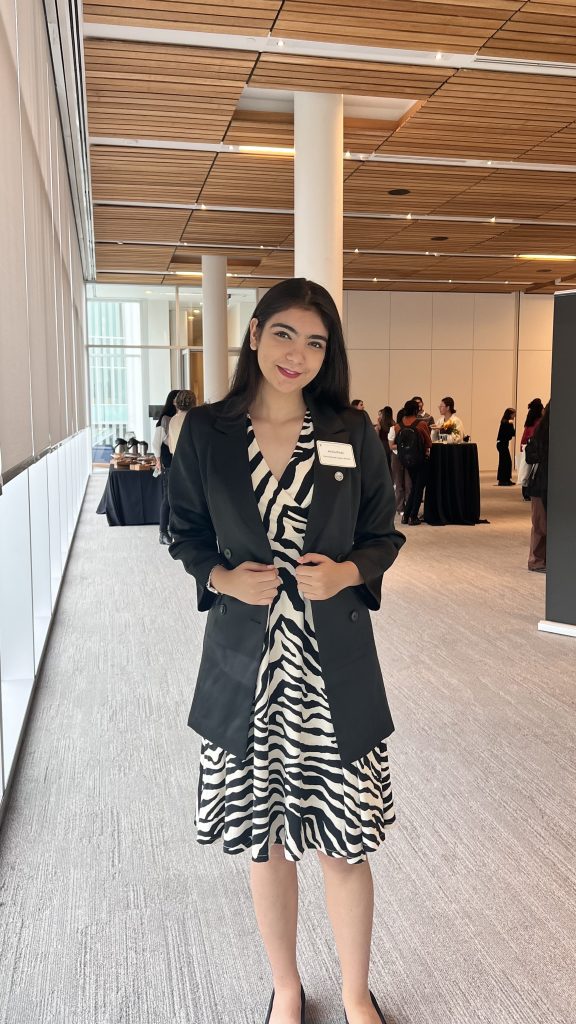
Ariba Khan
Journey towards 100 percent scholarship
But getting a full scholarship at Canada’s second-ranked university wasn’t easy as it requires one to have a strong extracurricular to their credit, a few international awards, top-notch grades, and strong essays. “For the scholarship, they asked me for ten extracurriculars, five awards, ten essays, and grades from 11th and 12th. Honestly, grades are just the first step in being considered for the scholarship as they look more into the overall personality of the person. 20 people can get 95 percent but what sets them apart is the profile that they submit,” says the teenager who began working on her portfolio in Grade 11. From doing research internships to summer programmers to working with NGOs and social causes, her profile revolved around sustainability and social causes.
The seed of studying at the University of British Columbia was put in her mind by her dad, who had lived in Vancouver for four years. “At that time, he neither had the idea about the cost nor about the challenges to get into a top-notch university in Canada. Especially since the university is in Vancouver – the most expensive city in Canada,” says Ariba. But what shocked her the most was the tuition fee- which is 45,000 Canadian dollars per annum. “Since it’s an arts degree, the tuition fee is less in comparison to an engineering degree which can go up to 55,000-60,000 Canadian dollars per annum. My per year cost including flights, tuition, and living expenses is around 62,000 Canadian dollars,” reveals the teenager, who knew the only way to get into the university for her was through a scholarship as it has a lot to offer. “The faculty is top-notch. At any point, you can easily switch your degree, if you want. Moreover, since I am in the heart of Vancouver, the weather is good in comparison to other provinces in Canada.”
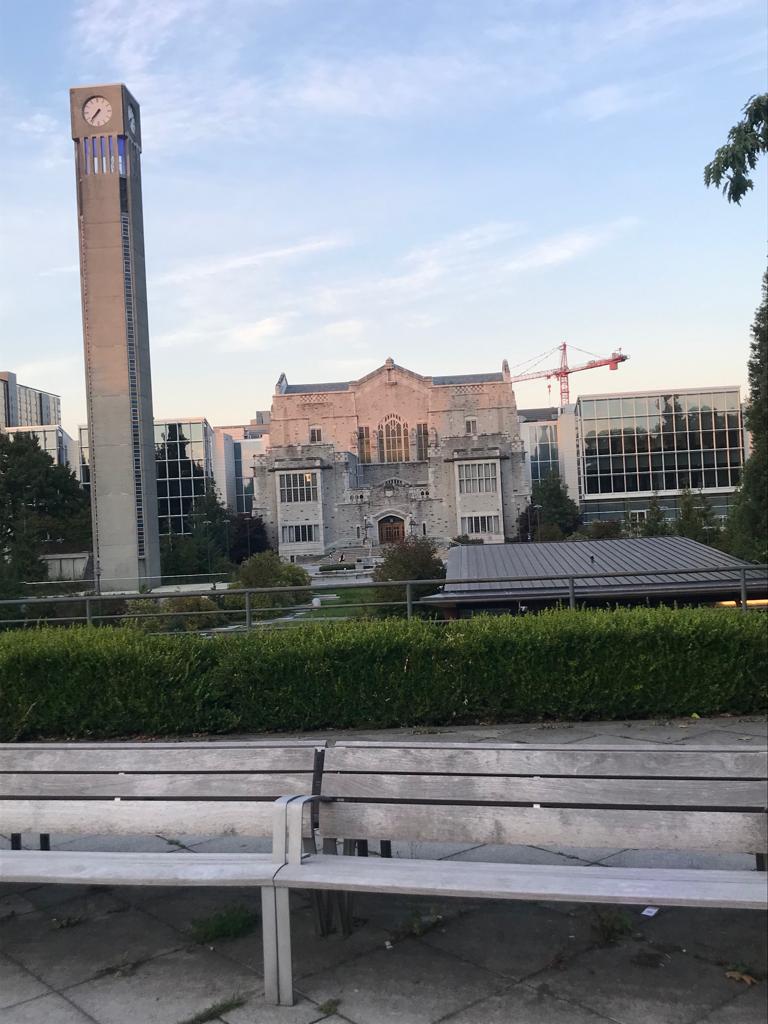
University of British Columbia
Over 2 lakh Indian students study in Canada each year, thus leading to a belief that Indian students are spread in every corner of Canada. However, Ariba calls it a misconception. “We have a population of Indian students at the University of British Columbia, but it’s very small. In a class of 200 people, you will find 10-15 Indian students.”
New country – new life
Taking her solo flight from India to Canada, Ariba had mixed emotions. Leaving the comfort of the known was making her anxious but the excitement of living in a new country was equally palpable. “The transition was quite smooth for me as the university took care of everything. Since I am not concerned about the expenses, I entirely focus on my studies.” But the entire experience of being in a new country has made her independent and more social.
Reminiscing her first few days at the university, she calls the experience exciting and overwhelming at the same time. “The first week has no classes and only social events for students to interact with each other and get to know the university, college, and courses. It’s called the JumpStart program.” Being an international student has made Ariba aware of diversity and inclusion, something that she says was amiss in her school. “I am more curious about other cultures now, and I love interacting with students from diverse backgrounds. We share different perspectives on a range of things, and it has made me more receptive to new ideas and perspectives,” adds the teenager who is in love with the campus. “It’s the most beautiful campus in Canada. You will find tourist attractions on campus, which is a blessing. We have a beach on one side and mountains on the other,” she smiles. Moreover, she vouches for the scholar’s community of which she is a part. “I like the strong alumni connections that UBC offers. The co-op program is also pretty strong here.”
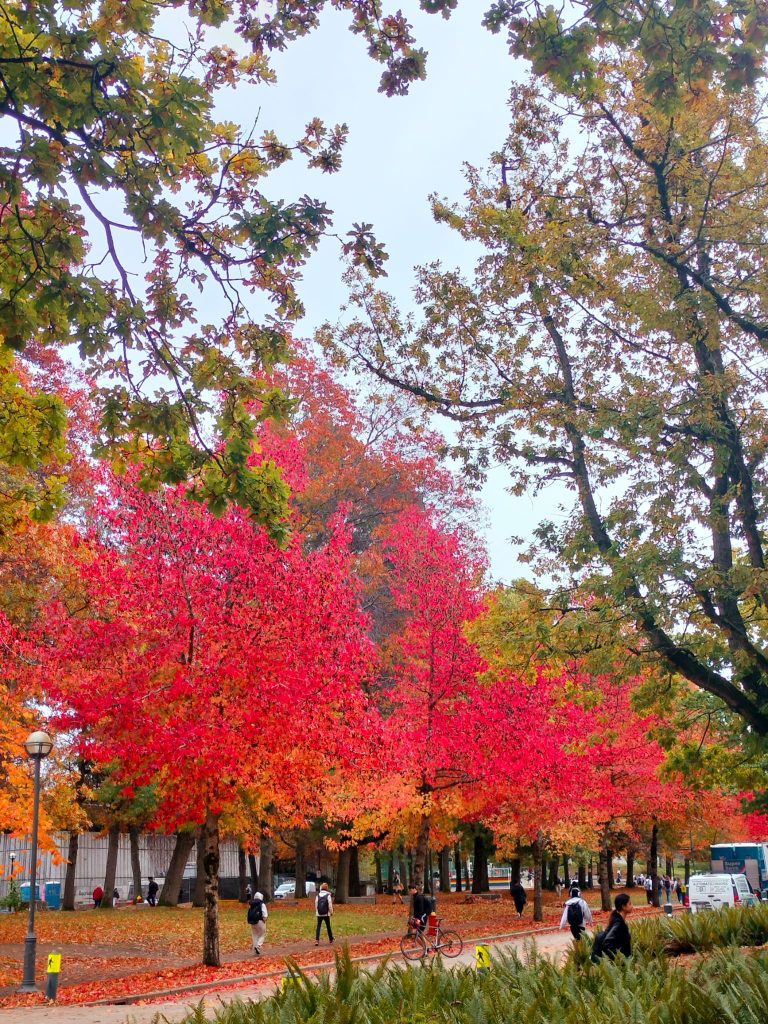
A few months into her Economics (H) course, she found a stark contrast in the education system between India and Canada. “Here they focus on the practical aspect of every concept that is taught to you. They give you real-life situations and apply certain theories that you have learnt in the classroom.” However, she emphasise the final scores are not limited to what you write in the exam. A certain percentage is devoted to exam scores, some to class participation, some to your in-class activity, and the rest to assignments.
Indian student living in Vancouver
Thanks to her scholarship, Ariba doesn’t pay anything for living on campus, a place she calls a city in itself. However, she is aware of the steep rentals in Vancouver and reveals that some students pay between 800-1000 Canadian dollars per month as rent. “The University of British Columbia is one of the most expensive universities in Canada, so most of the people who send their kids to study at this university are very rich. In certain cases where meritorious students make the cut, they either end up taking part-time jobs to pay for some of their expenses or travel for four hours daily to the campus just to save up the high rental costs on the campus,” she reveals.
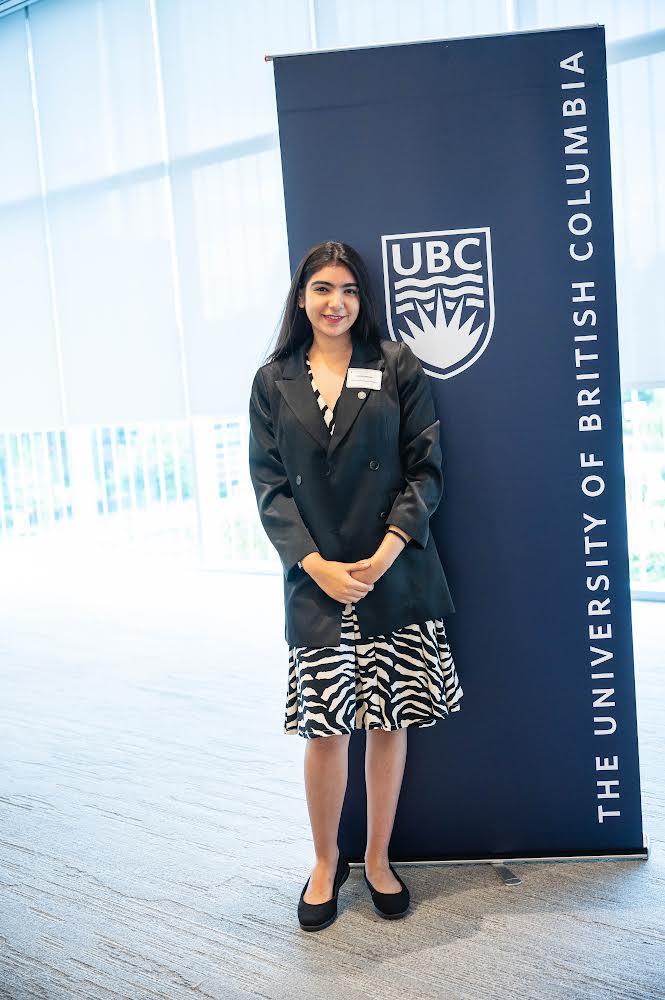
With the India-Canada crisis escalating, Indian students in Canada have been calling out the lack of job opportunities in the country. Despite spending lakhs on the courses, there is a dearth of jobs. Ask Ariba about the ground situation, and pat comes the reply, “I haven’t started hunting for the job myself, however, I heard that there is a lack of job opportunities. But at the same time, part-time jobs are available in plenty, however, the competition is very high. At UBC, I haven’t heard any story of someone not finding a job. If you graduate from UBC, there is no chance that you won’t get a job.” She explains that job becomes an issue for students who get diplomas from low-tier colleges. “Most people come to Canada for PR, so they enroll themselves into a low-tier college as the fees are less in comparison to top-tier colleges. They spend most of their time doing part-time jobs which affects their grades. When they graduate, their portfolio isn’t strong enough to get them a suitable job. Also, they lack job opportunities as their college isn’t considered well enough by the recruiters.”
Making it to the University of British Columbia on full scholarship, we ask Ariba if she has any advice for Indian students. “Make sure to have good grades and focus more on leadership and extracurricular activities. If you are coming from India, you need to balance your academics with extracurriculars since most focus just on competitive exams in the 11th and 12th grades. Moreover, plan out things in advance to get into a top-tier university as you need a strong portfolio,” she signs off.
- Follow Ariba Khan on LinkedIn


